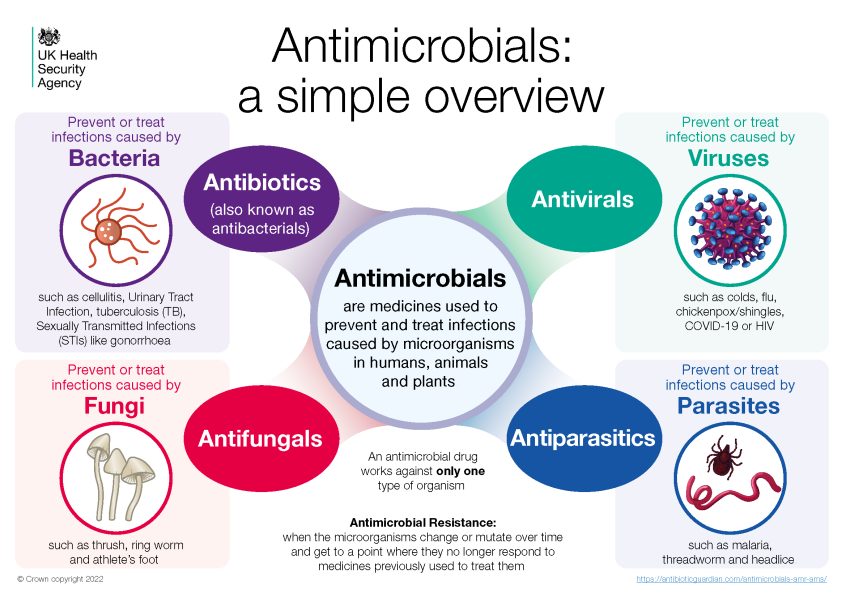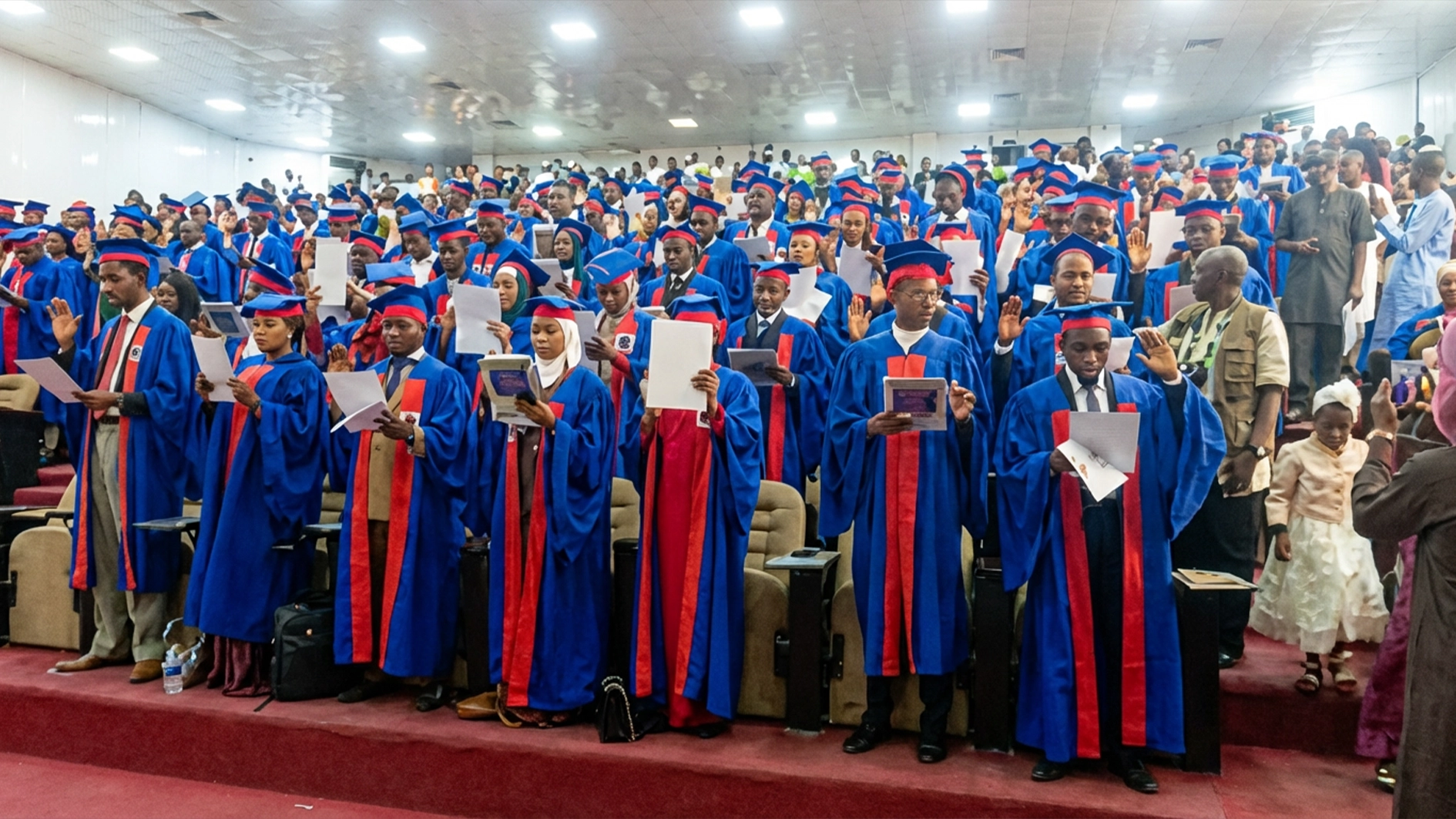
 Some medical experts in the country have expressed concern over the difficulties now encountered in treating infections due to the increasing rate of Antimicrobial Resistance (AMR).
Some medical experts in the country have expressed concern over the difficulties now encountered in treating infections due to the increasing rate of Antimicrobial Resistance (AMR).
The experts expressed their concerns on Tuesday in Lagos, at a five-day training for journalists, Civil Society Organisations (CSOs) and Community-Based Organisations (CBOs) on Antimicrobial Resistance (AMR).
Forty-seven trainees comprising journalists, CBOs and CSOs are taking part in the programme.
The News Agency of Nigeria (NAN) reports that the training is organized by Fleming Fund Country Grant (FFCG II), a project supported by the UK Government’s Foreign, Commonwealth & Development Office (FCDO).
READ ALSO:Alleged N201m fraud: Absence of EFCC witnesses stalls trial of coy CEOs
Dr. Mary Alex-Wele, Chairperson, Nigeria Core Group for Policy Briefs Development Steering Committee under the WHO RADAAR, Evidence-informed Policy Network (EVIPNet), explained the global implications of drug-resistant infections and the need to understand AMR.
“It is important to understand AMR, discussing its causes, and explaining the global implications of drug-resistant infections.”
Alex-Wele, who is also a Consultant Clinical Microbiologist at the University of Port Harcourt Teaching Hospital, said that AMR occurred when microorganisms like bacteria, viruses, fungi and parasites resist drugs that once killed them or stopped their growth.
“This resistance makes infections harder to treat, increasing the risk of disease spread, prolonged hospital stays and even death.
“Causes of AMR include overuse and misuse of antibiotics, poor infection prevention and control practices, the use of antibiotics in agriculture and lack of effective surveillance.
READ ALSO:Insecurity: Rep alleges land grabbing by herdsmen in Benue
“AMR has a significant global impact, causing approximately 700,000 deaths annually. Without effective antibiotics, routine surgeries and treatments become riskier.
“The economic cost of AMR could reach up to 100 trillion dollars by 2050; it is a global issue requiring a One Health approach that addresses human, animal and environmental health,” Alex-Wele said.
She said that efforts to combat AMR include better antibiotic stewardship, increased public awareness and enhanced health system strategies.
Dr Sati Ngulukun, a Director at the National Veterinary Research Institute (NVRI), Vom, Plateau, highlighted the importance of surveillance in the growing AMR threat.
Ngulukun, who provided insights into the topic “National AMR Landscape: Policies and Surveillance in Nigeria”, listed fight against fake drugs as one of national policies in place to combat AMR.
Dr Akujuobi Igwe, Laboratory and Research Director at Rotan Medical Diagnostics Ltd., outlined the challenges faced by laboratories and diagnostic centres in addressing AMR.
Igwe while speaking on the role of ‘Private Sector Engagement in AMR: Challenges and Opportunities’, highlighted the pivotal role the private sector can play in dealing with the challenge of AMR.
He emphasised the need for improved collaboration between the private and public sectors to strengthen AMR surveillance, promote responsible antibiotic use, and ensure timely access to quality diagnostics.
Earlier, Kabiru Abdullahi, a Pharmacist, and a Senior Technical Adviser at Management Science for Health (MSH), said that the training was aimed at equipping key stakeholders with the necessary tools to advocate for AMR solutions.
READ ALSO:Insecurity: Rep alleges land grabbing by herdsmen in Benue
Abdullahi added that the training also sought to raise awareness about the dangers of antimicrobial misuse and how to influence the public as well as policy behaviour towards combating AMR.
NAN further reports that FFCGII has been instrumental in combating the growing global threat of AMR in Nigeria.
The project, which is managed by MSH, works closely with the One Health Ministries—the Federal Ministries of Health, Agriculture and Food Security (FMAFS) is also aimed at enhancing Nigeria’s capacity to address AMR through human, animal and environmental health.
The project, aligned with the Nigeria FFCG Phase 2 Country Investment Strategy (CIS), focuses on four priority areas of producing quality AMR data, analyzing the data effectively, sharing analysis with decision-makers and promoting sustainable investment to counter AMR.






